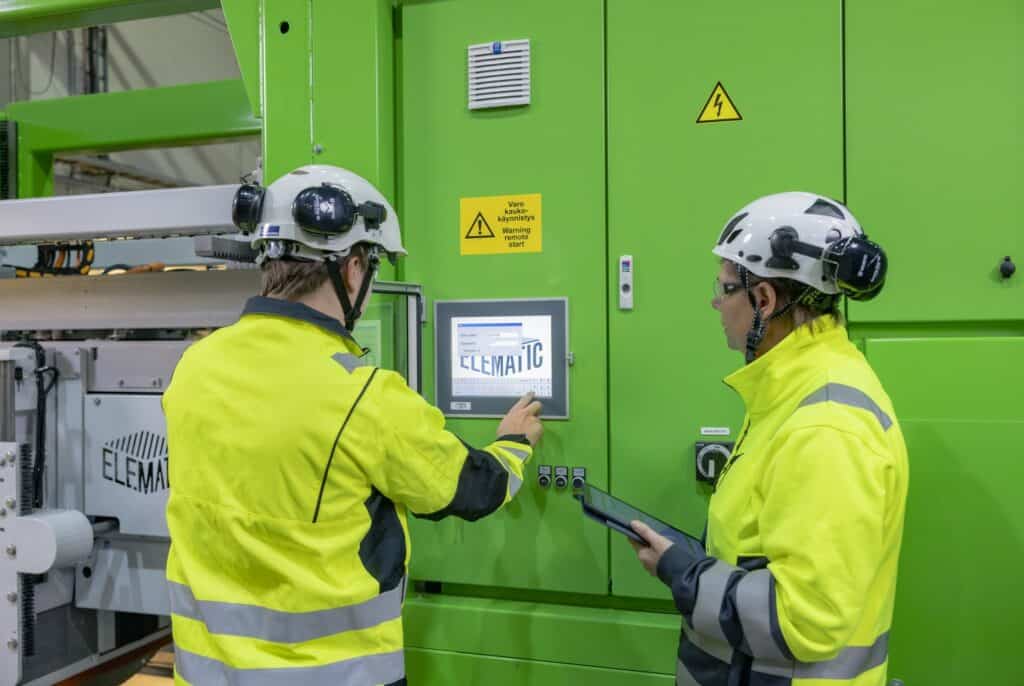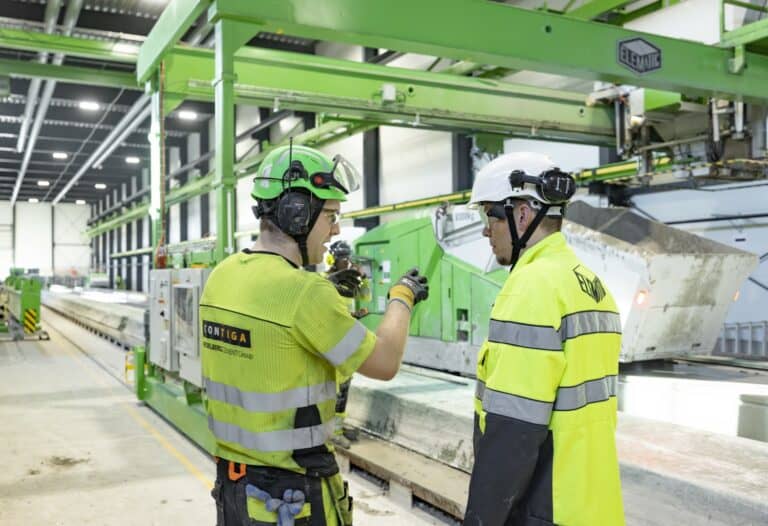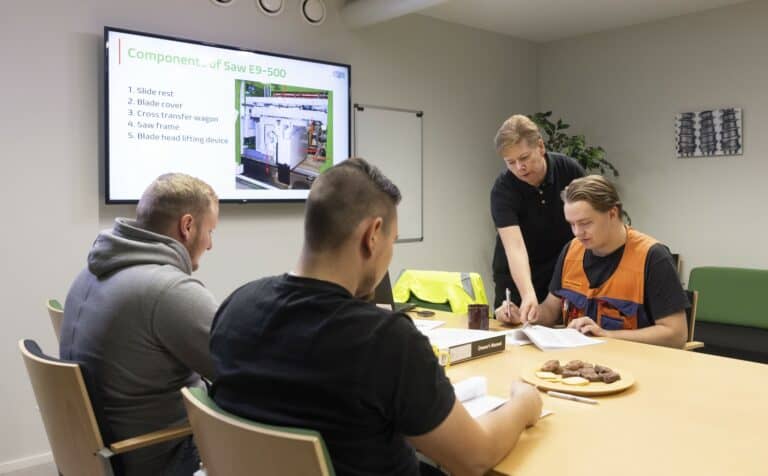4 strategic reasons to invest in training for your precast plant personnel

In today’s competitive construction landscape, the efficiency and quality of precast concrete production are more critical than ever. One of the most effective ways to ensure operational excellence is through continuous training of plant personnel. A well-structured training program – combining both in-person and remote learning – offers a cost-effective solution to keep your workforce proficient in equipment operation, maintenance, safety, and troubleshooting.
1. Maximise the benefits of production automation
The adoption of automated precast machinery introduces new operational dynamics that require updated skill sets. Employees must be proficient in operating advanced systems, performing routine maintenance, and understanding the intricacies of automation components such as sensors, wiring, and control systems.
Without adequate training, the full potential of automation – enhanced productivity, improved quality, and cost efficiency – cannot be realized. Moreover, a lack of knowledge increases the risk of operational disruptions. Structured training ensures that personnel are equipped to manage automated systems effectively, minimizing human error and optimizing production processes.

2. Increase production flexibility and efficiency
Staff turnover and absenteeism are inevitable. To mitigate the impact of such changes, it is essential that multiple team members are trained to operate key machinery. Relying on a limited number of skilled operators can lead to production delays and reduced quality during unforeseen absences.
Cross-training employees not only enhances workforce flexibility but also fosters a more dynamic and resilient production environment. It enables smoother task rotation, supports internal knowledge transfer, and ensures that new hires can be onboarded efficiently without compromising productivity.
3. Decrease quality-related costs
High-quality production is directly linked to the competence of your workforce. Whether operating fully automated or semi-automated machinery, well-trained personnel are better equipped to maintain consistent quality standards.
Investing in training ensures that staff understand the correct operational procedures and maintenance protocols, leading to fewer errors, reduced waste, and lower rework costs. In essence, training is a strategic investment that safeguards the quality and reliability of your precast products.

4. Empower in-house troubleshooting capabilities
Operational issues are inevitable in any manufacturing environment. However, when personnel are trained to identify and resolve common problems – such as sensor malfunctions, maintenance routines, or part replacements – they can address issues promptly without external assistance.
This self-sufficiency reduces downtime, enhances responsiveness, and minimizes reliance on external support services. While expert help remains available when needed, having in-house troubleshooting capabilities ensures smoother day-to-day operations.
Tailored operator training for lasting impact
Effective training in precast production requires more than a one-size-fits-all approach. While not all training can be delivered remotely, combining onsite instruction, video tutorials, and tailored remote classroom sessions creates a powerful and flexible learning experience.
Elematic’s operator training programs are customized to meet the specific needs of each precast plant, ensuring relevance and impact. These programs emphasize best practices and safety protocols, blending classroom instruction with hands-on training directly on the production line.
To support automation and operational excellence, Elematic offers ready-made, equipment-specific training packages. These guide personnel step-by-step through machine operation and maintenance, supported by video tutorials that demonstrate how to set up machinery for automatic operation and how to troubleshoot common issues.
This comprehensive approach ensures that operators not only understand the machinery but also know how to maintain it for optimal performance and reliability. To maximize knowledge retention and reduce the impact of staff turnover, Elematic recommends training groups of at least three employees simultaneously, fostering shared learning and continuity within the team.
Investing in the continuous training of precast plant personnel is not just a best practice – it’s a strategic imperative. From maximizing automation benefits to reducing quality costs and enhancing operational resilience, training delivers measurable returns across all facets of production.
Let others enjoy this blog too!
Contact us for more information!
or